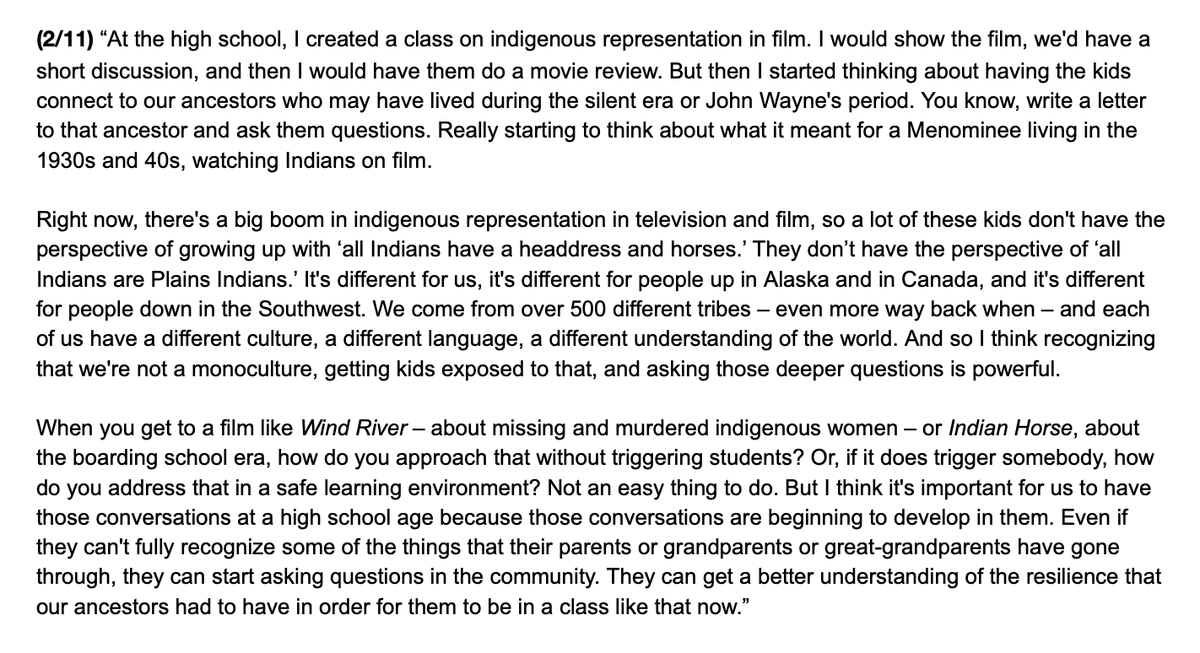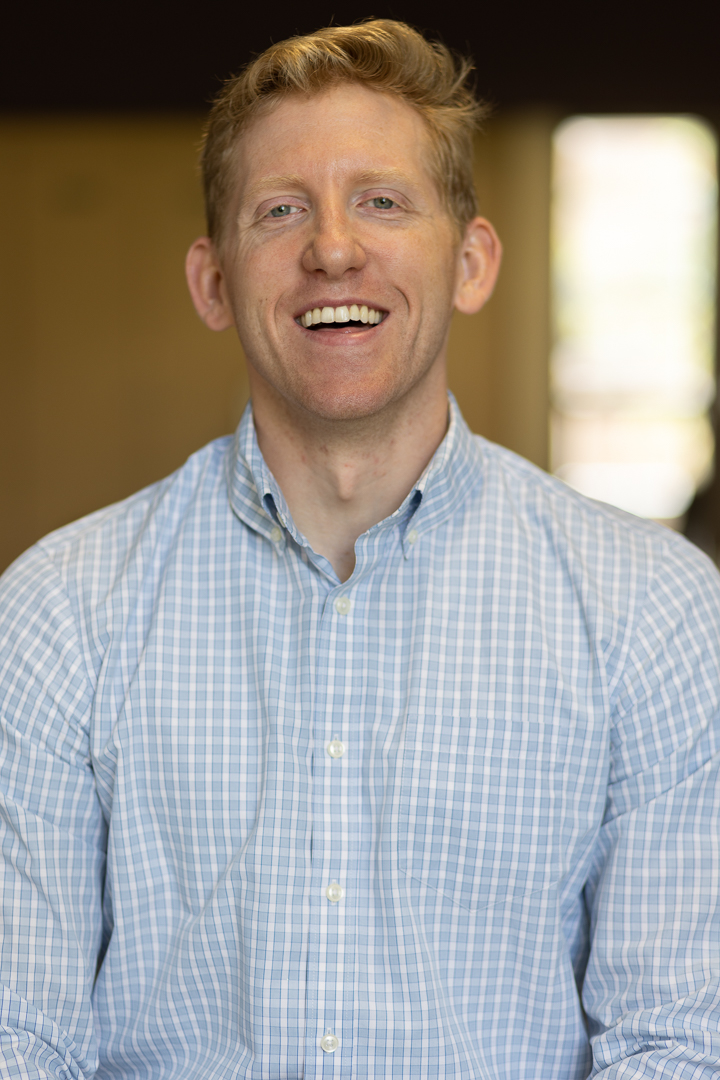(1/9) “I'm not sure what I would do if I weren't teaching. Sometimes I think maybe architecture, because it's math and I like design. But I have a memory from second grade, when they talked about jobs, saying ‘I want to be a teacher'...” 



(2/9) “One thing that keeps me going is when students come back and somehow let me know that what I did was impactful for them. Simple things. I've gotten thank you notes in my mailbox the following fall, and sometimes those are really motivating...” 



(3/9) “Everything is different about #middleschool. Everything is different about middle schoolers. I love the students in this building. And it seems to be a love/hate kind of thing, where people either think we're nuts for doing this and would never do it, or you love it...” 

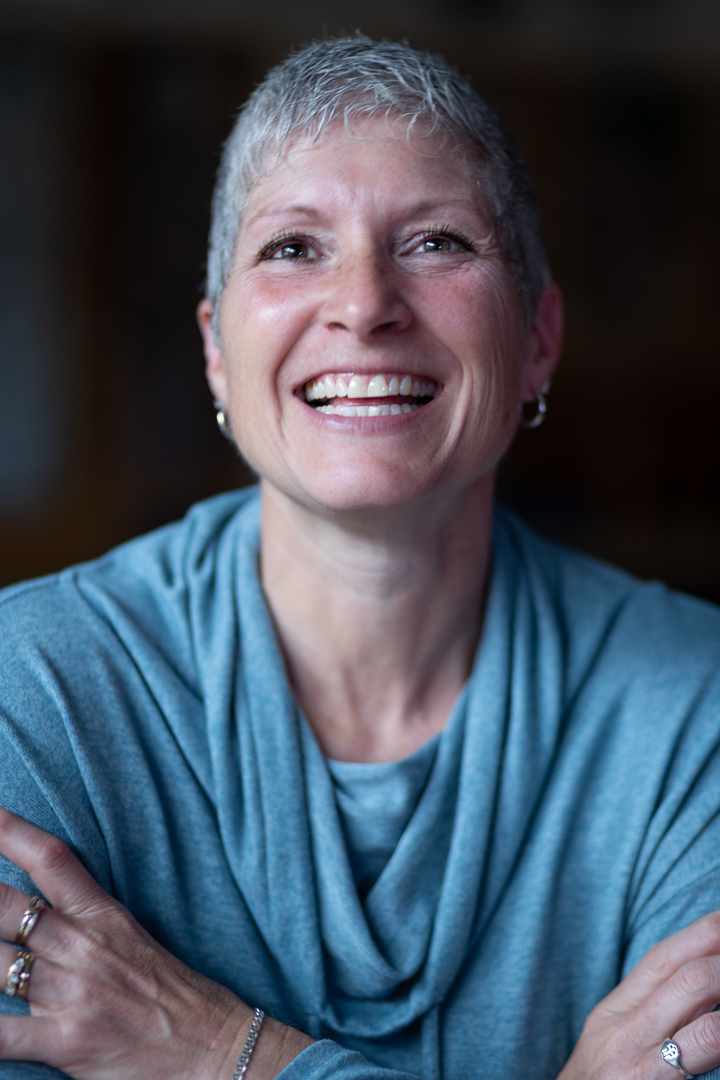

(4/9) “Teaching is a profession, and it takes serious training and ongoing education. I'm concerned about the things that different states are having to do because there aren't enough people going into the profession. It isn’t a job where you can just walk in the door...” 

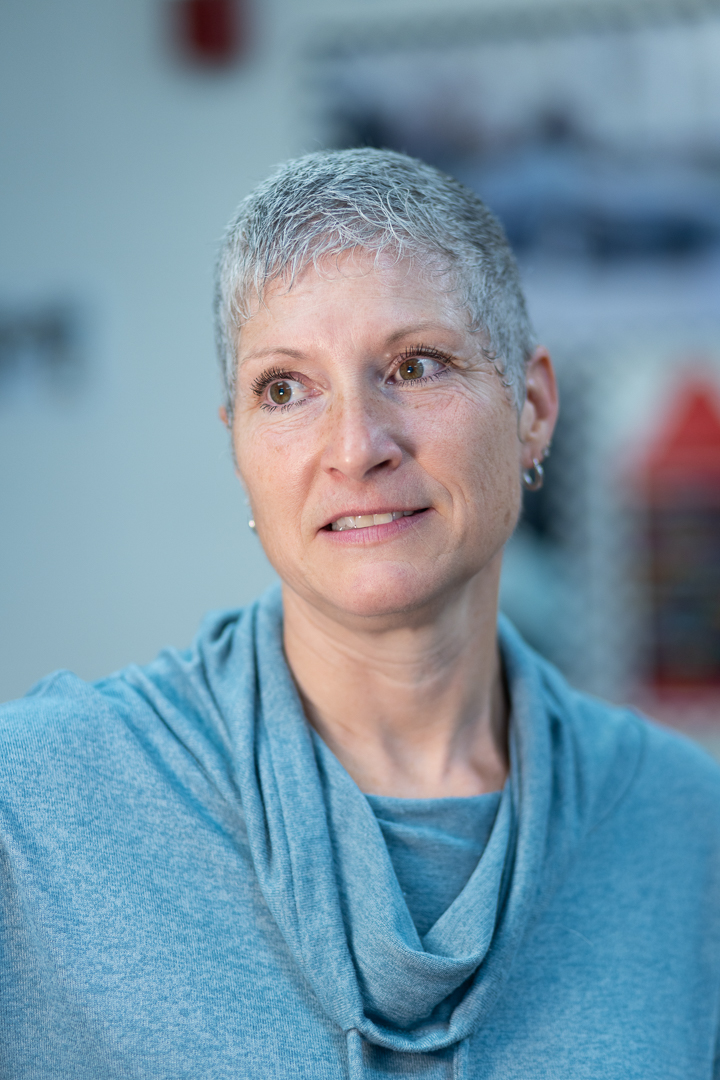

(5/9) “I think when you're a new #teacher or in that #studentteaching phase, one of the things that comes up a lot is that there are just so many things to think about in the day, and you don't realize how many things you have to be thinking about simultaneously...” 



(6/9) “I think teacher #autonomy is a huge way to keep more teachers in the profession. And it varies state to state, district to district, building to building. A lot of it depends on district-level or building-level leadership...” 



(7/9) “There are things in education that could be better. There are also a lot of great things happening that people don't look at or don't want to see because they want to send a bigger message, especially when it comes to public education...” 


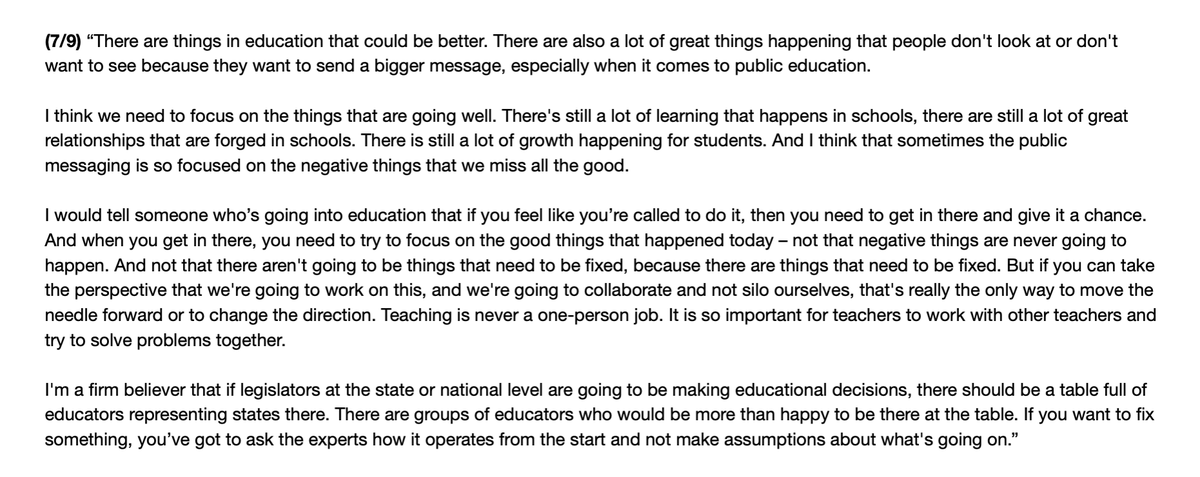
(8/9) “Last year, coming off the COVID year, we did some things in our building to try to address that we knew there were some kids who weren't as engaged and were lagging from where we would like them to be. We weren't sure what our protocols were going to be...” 



(9/9) “It is my hope for #education and for the teaching profession that we, in this country, don't continue to allow the rhetoric and the negativity to continue to the point where we talk quality future educators out of being educators...” 



–Diana Callope
Math Teacher in Whitewater Unified School District
Whitewater, WI
#teachersintheirpower
teachersintheirpower.com
Math Teacher in Whitewater Unified School District
Whitewater, WI
#teachersintheirpower
teachersintheirpower.com
• • •
Missing some Tweet in this thread? You can try to
force a refresh





